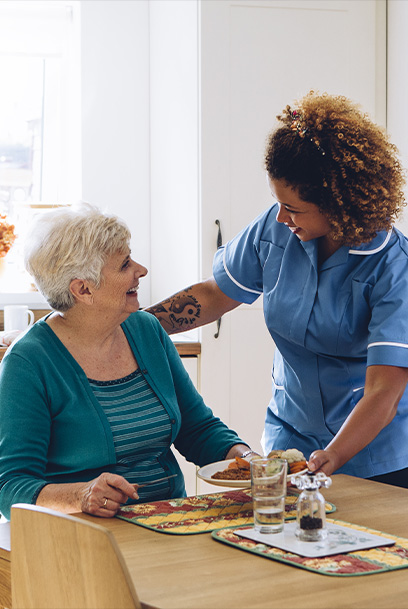WILMINGTON, N.C. — , one of the most high-profile churches in Wilmington, North Carolina, is facing intense scrutiny after former members accused its senior pastor of maintaining a secret long-term affair with the praise & worship leader, according to social media posts and a former member.
Pastor Daniel Cook, the longtime senior pastor of , has been accused on social media of maintaining a secret sexual relationship with his praise and worship leader while allegedly attempting to “groom” another female church member, according to posts and former congregants.
The allegations, which surfaced publicly last week, quickly spread across social media and have shaken one of Wilmington’s most talked-about churches.
“They’ve Been Sleeping Together for Seven Years”
On Tuesday, , a former member of the church, took to Facebook with a blistering post accusing Pastor Cook and the church’s praise and worship leader, Kishanda Canty, of carrying on a sexual relationship for years.
In her post, Spurgeon alleged that Cook and Canty “have been f*cking for the last seven years,” and claimed she herself was being positioned as the next target.
“Dear Sanctuary of Wilmington, your pastor & worship leader have been f*cking for the last 7 years. Then lied to my face, Aviana wrote.”
In another part of her post, she said:
“Daniel, we gave you the chance to tell the truth. We did it privately,” Spurgeon wrote. “It’s just not in you. At your mantle, you are a liar, manipulator, and abuser. Your ability to say something completely different from what is reality needs to actually be studied.”
Spurgeon said she was less concerned about the alleged affair itself than what she described as a pattern of spiritual control.
“I don’t care about the damn affair,” she wrote. “I do care about the fact that you’re building a cult and doing it by using Christ.”
Sanctuary of Wilmington Cancels RENEW U Service as Fallout Grows
Within 24 hours of the allegations going public, The Sanctuary of Wilmington abruptly canceled its midweek RENEW U service, fueling further speculation among current and former members.
Spurgeon’s husband, , a former member of the church and a U.S. military servicemember, told us the situation unraveled rapidly once he returned home and became more involved in church life.
He said his wife began attending The Sanctuary in early 2023 while he was on active duty. By May 2024, he said, he was attending full-time.
According to James, Aviana initially served as a guitarist before moving into a sound engineering role. He later joined her, helping operate the soundboard after other staff members left.
In 2024, James says Pastor Cook delivered what he described as a “fake prophecy” to his wife.
“He was like her, ‘ Oh, I’m like Elijah, you’re going to be my Elisha. I want you close to me,’” James said. “dude’s very charismatic, but it still kind of rubbed me a little wrong – cause like – excuse me?”
Job Offer, Pay Cut, and Red Flags
James said that months later after the prophecy, Pastor Cook offered Aviana a job as an administrative assistant after a previous staff member left. He said his wife quit her nursing job and was making “a fraction of what she used to” but it wasn’t a big deal.
According to James, the church office environment consisted of just three people during the workweek: Aviana, Pastor Cook, and Canty.
That’s when his wife began noticing what he described as weird behavior.
“One time, he just spazzes out on this woman [Canty], calling her, ‘you a btch, you—you have nothing without me, you’re nothing without me,’ just ragging on this woman, ” James alleged.
“He Was Trying to Hit on My Wife”
James said he learned of the alleged relationship between Cook and Canty the same day he believes Cook attempted to pursue his wife.
“I don’t know what he thought this was, but she immediately showed me the messages and was like, ‘Hey, I think you should see this,’ and I saw it and I was like, ‘Yeah, he’s hitting on you.’”
The next day, James said, his wife showed Canty the messages — who allegedly broke down and confirmed a pattern of behavior.

 919-554-2223
919-554-2223




 Service Areas
Service Areas























